12.09.14
Links 9/12/2014: Fedora 21 and Torture Report Are Out
![]()
Contents
GNU/Linux
-
Xojo: A Linux development suite that doesn’t really support Linux
If a company is going to support Linux… it needs to actually freaking support Linux.
In one of my past lives, I was a software developer. And even though I no longer code for a living, I still find tinkering with various languages, IDEs, and frameworks more fun than I probably should. Truth be told, I consider playing with a new development environment to be a bit of a hoot. (Yes. I just wrote “bit of a hoot.” That’s how confident I am in my own masculinity.)
I’m also not the kind of guy to be prejudiced for – or against – any particular language. Python? Awesome. C++? Tons of fun (in an “I-like-to-hurt-myself” kind of way). Pascal, BASIC, Smalltalk and JavaScript? All delightful. I like ‘em all… for the most part.
-
Do you need programming skills to learn Linux?
A few months ago I took the Introduction to Linux course offered through edX. It’s an 18 chapter course with lots of reading, some videos, and a casual level of testing your knowledge. I wrote about the first six chapters and how the course works in, What happens when a non-coder tries to learn Linux.
My main goal in taking the course was to get a better, high level understanding of Linux. I didn’t have to install Linux but wanted to, so before I started chapter 7, I did. I wanted to test out some of the things I was learning, and ‘learning is doing’ to a large extent.
-
New Linux Trojan Found, Part of Turla
The top story today is the discovery of a new Linux trojan that experts say could have been in place for years. Kaspersky Lab is saying this newly discovered Linux malware is part of the Turla campaign indicating that the culprits aren’t limiting themselves to Windows. And that’s not all that’s unusual about this code.
-
The ‘Penquin’ Turla
-
Breaking: Stealth “Turla” Malware Infects Unknown Number of Linux Systems
The Linux Turla is a new piece of malware designed to infect only Linux computers, which has managed to remain relatively hidden until now and has the potential of doing a lot of harm. Unfortunately, very little is known about it or how to fix it.
-
Powerful, highly stealthy Linux trojan may have infected victims for years
-
Server
-
Intel Becomes Newest OpenDaylight SDN/NFV Project Member
-
Intel Ups Investment in OpenDaylight SDN, NFV Effort
The chip maker, which sees SDN and NFV as growth areas in the data center, is now a Platinum member of the vendor-based consortium it helped found.
Intel, one of the founding members of the OpenDaylight Project, is increasing its commitment to the software-defined networking standards body.Intel is joining such tech vendors as IBM, Cisco Systems, Dell, Hewlett-Packard and Juniper Networks as a Platinum member of OpenDaylight, a move that increases the chip maker’s financial backing of the group and includes the adding of an Intel official on the board of directors.
-
Rocket vs Docker and The Myth of the “Simple, Lightweight Enterprise Platform”
With seemingly everyone who’s ever written an app or booted a VM jumping on the cargo ship at the moment, it’s hardly surprising to see the launch this week of Rocket; a credible challenger to Docker in the container space.
-
New data center OS allows single-source command for Linux servers
Mesosphere, a startup that provides commercial support for the Apache Mesos cluster management system, has debuted a “data center operating system.”
Mesosphere DCOS uses the Mesos project to gang together machines running Linux, whether hosted in any number of clouds (Amazon, Google, Microsoft) or running on nearly any kind of infrastructure (bare metal, OpenStack, VMware).
Widely deployed at scale by companies like Twitter and Airbnb, Mesos has a proven track record. However, Mesosphere DCOS is designed to manage not only the applications but also the systems they run on.
-
Mesosphere Raises $36M for Application Data Center OS
Lead commercial sponsor behind Apache Mesos project announces new commercial effort that leverages open source components as well as its own ‘secret sauce.’
-
Mesosphere Grabs $36M in Funding for Data Center OS Built on Apache Mesos
The B round brings Mesosphere’s total funding to approximately $50 million and the company says it plans to accelerate investment in global growth.
-
-
Kernel Space
-
Cloud Foundry Foundation Matures–Becomes A Linux Foundation Collaborative Project
The way the deal is structured sees the Linux Foundation become the contracting service provider to the Cloud Foundry Foundation and offer all the services that it requires – Cloud Foundry Foundation employees will technically be Linux Foundation hires and Cloud Foundry Foundation events and the like will be managed by the Linux Foundation.
-
Linux Foundation Taps CloudFoundry as ‘Go-To’ Cloud PaaS
-
Linux 3.18 Diseased Newt Released
Linus Torvalds formally released the Linux 3.18 kernel on December 7, even though a regression issue that first showed up in Linux 3.17 has yet to be resolved.
-
Significant ACPI & Power Management Changes In Linux 3.19
Rafael Wysocki of Intel mailed in the ACPI and power management changes for the Linux 3.19 merge window. As said by the ACPI/PM subsystem maintainer, “This time we have some more new material than we used to have during the last couple of development cycles.”
-
Graphics Stack
-
AMD Catalyst 14.12 Linux Driver Released — Huge Update!
Today’s Catalyst 14.12 for Linux delivers OpenCL 2.0 support, VA-API video decoding with H.264/VC-1/MPEG-2/MPEG-4 format support, and distribution-specific packages offered at AMD.com for Ubuntu and Red Hat. There’s also many bug fixes, support for modern kernel versions / xorg-server, potential performance improvements, and a range of other work.
-
-
-
Applications
-
Nuvola Player 2.5 Released With Spotify Web Player And Grooveshark Mobile (HTML5) Support
Nuvola Player 2.5 was released yesterday, bringing support for new services such as Spotify Web Player, Grooveshark Mobile (HTML5) and others, as well as improvements for some already existing services.
-
arkurses: Harder, better, faster, stronger
-
Instructionals/Technical
-
9 mail/mailx command examples to send emails from command line on Linux
-
Send mail from command line with external smtp server on Linux
-
How to speed up a WordPress website with CloudFront CDN
-
Ncdu a NCurses Based Disk Usage Analyzer and Tracker
-
cpio command – copies, lists & extracts files to and from archives
-
How To Migrate From MySQL To MariaDB On Linux
-
Reset root password in Ubuntu, Debian, Kali, CentOS or pretty much any Linux distributions
-
How to speed up a WordPress website with CloudFront CDN
-
-
Games
-
2k Games Confirms Bioshock Infinite Coming to Linux
Ever since the announcement of Windows 8 there has been a renewed push for gaming on Linux. We saw one game developer even go so far as to make their own semi-customized flavor of Linux in the form of the SeamOS. Although interest in Linux gaming has tailored off due to delays in the “Steam Box” and other problems (lack of games) we are hearing that at least one very popular AAA title will be coming to Linux.
-
Grim Fandango Release Date And Day Of The Tentacle Special Edition
Grim Fandango itself now has a release date of the 27th of January, arriving on Linux alongside other desktop and Sony platforms. The trailer above highlights some of the retexturing and lighting enhancements as well as the re-recorded score performed by the Melbourne Symphony Orchestra.
-
bingo: Occasionally, I wonder why
-
cboard: I can quit my whining now
This is the last true “game” post I have, out of this recent run of nine or 10. And since I promised more than a few days ago to show something actually playable as a chess game for the console, I’m quite excited to finish with cboard.
-
Bonus: A score of games after a score of games
-
ox3d: Tic-tac-toe-tough
-
-
-
Desktop Environments/WMs
-
K Desktop Environment/KDE SC/Qt
-
The Pillars of KDE “Now”
Oxygen, Sonnet (remember that?), Solid, Plasma, Akonadi and Decibel… This list in one way or another might be wrong. Not so cool. But you know what is cool? People remembered the Pillars of KDE 4 existed and the effect they had.
-
-
-
Distributions
-
Ask Slashdot: Paying For Linux Support vs. Rolling Your Own?
-
Reviews
-
Linux Mint 17.1 review—less change is good change
While most of what’s new in Mint 17.1 will be seen in the updated desktops, there are some common components to both Cinnamon and MATE. While accessing some of these new tools varies slightly by desktop, the results are the same in both. Right away, you’ll notice the login screen is among these new and improved elements.
-
Best Linux Desktop of 2014: Linux Mint 17.1
Personally, I prefer Cinnamon — so that is what I used. With Cinnamon 2.4, you get a few minor new features. For instance, you can set directories to different colors to make them more visible in Nemo, the Cinnamon file manager. Cinnamon has also been tightened and cleaned up. The result is a faster, more memory efficient desktop. The one bug I’ve seen to date is that some desktop icons, such as the computer, can’t have their names changed. So, for example, I can’t rename “Computer” to “Blitz,” my Dell desktop’s real name.
Over all, though, that’s like complaining about a scratch on a 1955 Mercedes 300 SLR Racer: Mint’s still the best available desktop today.
-
-
Screenshots
-
Red Hat Family
-
Fedora
-
Fedora 21 Release Review: An Impressive Developer Workstation
Fedora is among the most respected Linux-based distributions. Known as a bleeding edge operating system it offers the latest technologies at the earliest stages. It’s also known for working with upstream projects instead of patching things downstream.
Fedora displays both qualities due to the fact that Fedora/Red Hat developers are among the leading contributors to many major open source projects, including the Linux kernel; they work for everyone and not just for their own distribution.
Fedora 21 has just been released and I have been playing with the beta for a while. There are now three editions of Fedora: server, workstation and cloud. Since I am using it for my desktop I downloaded and installed the Workstation.
-
Fedora 21 Officially Released
One year after the introduction of Fedora 20 and going through many changes this year with the Fedora.Next initiative (and going through multiple delays in delivering F21), Fedora 21 finally greets the world today. Fedora 21 features all of the latest GNOME 3.14 software, is powered by the Linux 3.17 kernel, and has a ton of other improvements and changes as noted in dozens of Phoronix articles. Fedora 21 Server users also have Docker improvements, cloud computing enhancements, and the new Cockpit console.
-
Announcing Fedora 21!
-
Fedora 21 Now Available, Delivers the Flexibility of Fedora.next
-
-
-
Debian Family
-
Derivatives
-
Canonical/Ubuntu
-
Ubuntu Developer Tools Center Renamed To Ubuntu Make, Sees New Release
Ubuntu Developer Tools Center, a project to allow easy installation of common developer tools, has reached version 0.2. With this release, the project was renamed to Ubuntu Make, based on name proposals from the community.
-
Ubuntu Core Changes The Game For Container Operating Systems
This last couple of weeks has seen some tension within the Linux Container world as CoreOS launched its Rocket container and questioned Docker’s longer term motives. Adding fuel to the fire today comes Canonical with its new “snappy” Ubuntu core. The new rendition of of Ubuntu is a minimal server image that shares the same libraries as today’s Ubuntu but via a simpler mechanism. Most importantly, the snappy approach allows Ubuntu to provide stronger security guarantees for applications. Snappy apps and Ubuntu Core itself can be upgraded atomically and rolled back if needed – an approach to systems management that lends itself to container deployments.
-
-
-
-
-
Devices/Embedded
-
TI expands IoT cloud ecosystem and simplifies code development with open-source Energia support
DALLAS, Dec. 9, 2014 /PRNewswire/ — Texas Instruments (TI) (NASDAQ: TXN) is expanding its third party ecosystem of Internet of Things (IoT) cloud service providers. With 10 new members since launching in April 2014, the TI IoT cloud ecosystem supports multiple cloud options with a total of 18 companies. Ecosystem members deliver solutions to help customers get their TI-based IoT solutions connected to the cloud quickly. The new members include Intamac/Kynesim, Keen IO/Technical Machine, Micrium, Octoblu, PTC, PubNub, Temboo and Weaved.
-
Phones
-
Tizen
-
To Leak or Not to Leak? That is the Question ….. Samsung Z1 Tizen SM-Z130H
The reasoning of no reveal is that Samsung’s launch strategy is secret, like many companies, but it looks like they will do a “soft launch” ie a press event and a URL to where you can buy this product in India, and I don’t know how the Samsung marketing machine will position the Tizen phone and how they will convey some of the Information in our possession, so in an effort to not damage the Samsung marketing strategy for Tizen we have chosen NOT to reveal anything. It is hoped that Samsung appreciate this move.
-
-
Android
-
Google pushes ‘go’ on Android Studio
Worried Oompa-Loompas are questioning security guards and combing the wilds of Mountain View after it was discovered that Google has allowed a product, the Android Studio IDE, to escape from the Chocolate Factory’s near-impenetrable Beta compound.
-
Google Launches Android Studio 1.0, Offers Migration Path from Eclipse
At the 2013 Google I/O conference, the company announced Android Studio, and characterized it as a new development environment that would make it much easier for Android developers to build apps. Today, Google has announced the official version of Android Studio 1.0. It’s available now for download as a stable release on the Android Developer site. Here are more details on how this will provide big benefits for developers.
-
-
-
Free Software/Open Source
-
Open source all over the world
Phil Shapiro. “I administrate 28 Linux work stations at a small library in D.C. I consider these folks my coworkers and colleagues. And it’s wonderful to know that we can all feed into the energy and share ideas. My main interests are how FOSS intersects with dignity, and enhancing dignity.
-
A look back at open source in 2014
The year 2014 will be marked as one where open source changed for me. It didn’t change overnight or even very rapidly, but in July I noticed that the open source of today was not what I imagined it would be.
And this can be a good thing.
When I starting working full time with open source, back in 2001, the idea was to build a lot of free software. It reminded me of when I got my first computer back in 1978 (a TRS-80) and the environment encouraged a lot of code sharing. In those days, it was easy to differentiate open source from commercial software, and the thought was to replace the expensive walled gardens of proprietary code with better, freer, alternatives. But from a business perspective we were still in search of a business model.
-
SaaS/Big Data
-
Bill Rowan, VMware’s New US Federal Lead, on Open Source’s Evolution and Data Analytics Collaborations
There is a great place for the OpenStack solutions, even though it may not be a fit for everybody. In my opinion, the item for greater consideration is that the government will need to acquire and retain talent who can help them with the programming aspects of OpenStack. But we will continue to contribute to the OpenStack initiatives as we have in the past and allow customers to leverage our solutions inside those OpenStack environments.
-
-
Funding
-
Nginx gets $20M, because an open-source web server is just the beginning
Developers know Nginx as a popular open-source web server they can use to run websites. But some of the people behind Nginx, at the startup by the same name, aren’t content with that achievement on its own. They want to build a big company around the technology.
Which is why investors are now giving the startup $20 million, Nginx announced in a statement today.
-
-
BSD
-
FreeNAS 9.3 Released
Here’s an early Christmas present for you all: FreeNAS 9.3!
This FreeNAS update is a significant evolutionary step from previous FreeNAS releases, featuring a simplified and reorganized Web User Interface, support for Microsoft ODX and Windows 2012 clustering, better VMWare integration, including VAAI support, a new and more secure update system with roll-back functionality, and hundreds of other technology enhancements. We’re quite proud of it and excited to make it publicly available.
-
-
FSF/FSFE/GNU/SFLC
-
Committee begins review of High Priority Projects list — your input is needed
Send your suggestions for projects of strategic importance to the goal of freedom for all computer users.
-
-
Public Services/Government
-
Home Office Locked Into £330m Oracle Contract
The Home Office is obliged to continue paying Oracle for ERP services until 2016, even as it signs a cost-cutting shared services ERP deal
The Home Office has disclosed that it is locked into a £330 million contract with Oracle for enterprise resource planning (ERP) software, which may conflict with government efforts to cut back-office IT costs by shifting to shared services centres.
The contract, signed in 2009 under the previous Labour government, provides 29, 518 users with access to Oracle E-Business Suite (EBS), and is set to expire in January 2016, according to a statement published in response to a Freedom of Information (FoI) request.
-
-
Standards/Consortia
-
Is Google coming back to the open community on document formats?
At the ODF Plugfest in London, Google’s head of open source told the audience that work once once again in progress extending OpenDocument support in Google’s products.
At the opening of the event, Magnus Falk, deputy CTO for HM Government, told the audience that the decision to adopt ODF (alongside HTML and PDF) as the government’s required document format is now well in hand. When asked by an audience member about various government agencies that currently require submissions from the public in Microsoft-only formats, Falk said that all such departments must make a migration plan now for how they will achieve use of the required formats.
-
Leftovers
-
Video-game pioneer Ralph Baer dies
Video-game pioneer Ralph Baer has died at the age of 92.
Mr Baer is widely seen as the “father of video games” for his pioneering work that led to the creation of the Odyssey games console.
The Odyssey, licensed to TV-maker Magnavox, went on sale in 1972 and inspired many other firms to make their own consoles.
-
Atari’s Co-Founder Explains Why Pong’s Ball Wasn’t Round
I really have some concerns, though, about privacy. Every kid has the right to have their teenage years forgotten. And I think we’re losing that. I can honestly say that I’m glad that my teenage years are mostly forgotten.
-
Security
-
Shocking: Sony Learned No Password Lessons After The 2011 PSN Hack
The great Sony hack of 2014: what’s it all about? Is it a subversive plot by North Koreans operating out of China in revenge for a film starring two guys from Freaks and Geeks? Or maybe it’s simply fodder for stupid politicians to remind us that all the world’s ills could be cured if only internet service providers took on the challenge of fixing all the things in all the places? No, my dear friends, no. The Sony hack of 2014 is a beautiful Christmas gift (your religious holiday may vary) of a wake-up call to anyone silly enough to think that Sony would bother to learn the lessons very recent history has tried to teach it.
-
Sony’s PlayStation hit by hack attack
-
LibreSSL 2.1.2 Previews The LibTLS Library, Works On Windows Support
-
LibreSSL 2.1.2 released
We have released LibreSSL 2.1.2, which will be arriving in the LibreSSL directory of your local OpenBSD mirror soon.
-
Be scared: The Sony-style hack is no rare event
Only the wanton destructiveness of the Sony attack made it an outlier; the scale was not uncommon. Maybe the bad publicity will be a wake-up call
-
-
Defence/Police/Secrecy/Aggression
-
“Dead bodies and wasted money”: How I learned firsthand the worst lesson of war
Westerners like to dignify war as we can with the resources that we have, to make it sound like a chess game or science project with ascertainable goals, well-delineated procedures and verifiable conclusions. We actually have war colleges and war diplomas. People study military science and take war-leadership classes. Yet what a country actually does while at war – whether that country is an advanced nation or medieval relic – is try to survive; and if the war is truly about survival they throw everything in their possession at the enemy, flailing arms desperately, chucking money, bullets, grenades and prayers in the hope that they hit something. And you know what? Sometimes they do. But it takes a peculiar leap of faith to take this for knowledge or expertise. It takes an even more precious naiveté to pay people for the wisdom derived from collective stupidity.
-
Wrong-on-Iraq Pundit Gives Lessons in Media Accountability
It’s helpful that Lowry brought up white male privilege on ABC. It’s hard to know what else you might call a system that enables people like Lowry to continue to appear on television as some sort of expert. Not everyone gets to be so lucky.
-
Establishment Media’s Illusion of Debate Supports US Strikes against Islamic State
A new study authored by Peter Hart at Fairness and Accuracy in Reporting (FAIR) found that in the lead up to the decision to increase military action against ISIL, there were very few anti-war voices in the television and the media in general. The FAIR study found that during a crucial two-week period in September 2014, only six out of the 205 interviewed sources opposed the U.S. intervening to stop the advance of ISIL. On well-known Sunday talk shows only 1 out of 89 guests was against the US going to war to stop ISIL. On television, there were many debates involving the advance of ISIL and the position of the United States. All of the debates revolved around the mechanics of the war, such as drone strikes and how many troops to send, not specifically that the war should not be happening. In defense of the media, after several beheadings, public opinion turned positive toward US involvement.
-
-
Environment/Energy/Wildlife
-
Fracking chemicals’ untold threat to reproductive health
The chemicals used in fracking are linked to a number of serious health issues, a new review finds
-
Big Energy Corporations Exploit Developing Nations
Big Energy corporations that sell oil, coal, and natural gases are targeting developing countries as their future customers. Wealthy countries such as the United States are turning to renewable energy sources, so the fossil fuel industries are seeking to sell their energy sources to developing countries.
-
-
PR/AstroTurf/Lobbying
-
North Carolina Newspapers Mostly Silent As ALEC And Koch Brothers Rewrite History
North Carolina newspapers have largely missed the connection between a Koch-funded education non-profit organization contracted to help shape new statewide history curriculum materials, and the American Legislative Exchange Council (ALEC), the conservative model legislation mill that wrote the bill mandating the new course work.
In 2011, the North Carolina legislature passed a bill known as the “Founding Principles Act,” which would require high school students to pass a course on “Founding Philosophy and the Founding Principles of government for a free people.” The bill was generated as a piece of model legislation by ALEC, a conservative group that brings corporations and politicians together to vote on and construct bills to be used in multiple states. According to the Huffington Post, North Carolina’s Department of Public Instruction, which has been tasked with drawing up the curriculum required by the Founding Principles Act, proposed on December 3 to “‘highly recommend’ social studies material from the Bill of Rights Institute,” an organization which “receives funding from the billionaire Koch brothers.”
-
-
Privacy
-
Press release: Permission granted for judicial review of DRIPA
A judicial review of the Data Retention and Investigatory Powers Act (DRIPA) has been granted permission by Mr Justice Lewis in the High Court today. Open Rights Group (ORG) and Privacy International (PI) intervened in the case, which was brought by Tom Watson MP and David Davis MP, represented by Liberty. ORG and PI have now been given permission to make further submissions in advance of the next hearing.
-
-
Civil Rights
-
The victim-blaming hypocrisy of Rep. Peter King
In case you have been living under a rock this week, a grand jury in New York City borough of Staten Island declined to return an indictment this week against a police officer who put a chokehold on a man who was allegedly committing the crime of selling untaxed cigarettes. This chokehold resulted in the man’s death. The man’s name was Eric Garner, and the chokehold and subsequent application of pressure to his head and neck by the same officer directly led to Garner’s death.
There is full video of the incident. None of the facts are in dispute. The officer in question had three colleagues with him. Garner was unarmed. Unlike the case in Ferguson where officer Darren Wilson killed Michael Brown with no indictment, there is no way that Daniel Pantaleo, the New York City police officer in question, could have claimed that he felt his life was in danger. The chokehold he used was banned as a tactic by the NYPD. Even worse, Garner complained no fewer than 11 times that he was unable to breathe because of Pantaleo’s actions. And yet no indictment was returned against the officer who committed an unequivocal homicide.
-
And Now, to Discuss Police Killings: Rush Limbaugh?
-
Torture Enablers Spin Unreleased Senate Report
The fact that former CIA officials might object to a report critical of the CIA isn’t that surprising. But these accounts, along with the stories stoking fears about attacks on US facilities as payback for the Senate report, serve to obscure the more important findings about CIA torture and deception: As Marcy Wheeler (Emptywheel, 4/2/14) has noted, there is plenty of evidence of the CIA lying to Congress about torture. Wheeler (2/22/10) has also shown that Michael Hayden has lied to Congress too, which is something to keep in mind as journalists bring him on television to discuss whether or not the agency ever misled anyone.
-
The Most Gruesome Moments in the CIA ‘Torture Report’
Interrogations that lasted for days on end. Detainees forced to stand on broken legs, or go 180 hours in a row without sleep. A prison so cold, one suspect essentially froze to death. The Senate Intelligence Committee is finally releasing its review of the CIA’s detention and interrogation programs. And it is brutal.
-
Here are the names of the 119 prisoners who were detained in the CIA’s secret prisons program
The Senate Intelligence Committee report on the CIA’s interrogation and detention program for the first time released the names of all the prisoners who were detained in secret prisons around the world. Of the 119, 20 names were previously unknown.
-
The Debate about Torture We’re Not Having: Exploitation
Partly by design, the debate about torture that has already started in advance of tomorrow’s Torture Report release is focused on efficacy, with efficacy defined as obtaining valuable intelligence. Torture apologists say torture provided intelligence that helped to find Osama bin Laden. Torture critics refute this, noting that any intelligence CIA got from those who were tortured either preceded or long post-dated the torture.
Even setting aside my belief that, even if torture “worked” to elicit valuable intelligence, it still wouldn’t justify it, there’s a big problem with pitching the debate in those terms.
-
Senate report: CIA misled public on torture
-
Live Coverage of the Senate Torture Report
One of the worst myths official Washington and its establishment media have told itself about the torture debate is that the controversy is limited to three cases of waterboarding at Guantánamo and a handful of bad Republican actors. In fact, a wide array of torture techniques were approved at the highest levels of the U.S. Government and then systematically employed in lawless US prisons around the world – at Bagram (including during the Obama presidency), CIA black sites, even to US citizens on US soil. So systematic was the torture regime that a 2008 Senate report concluded that the criminal abuses at Abu Ghraib were the direct result of the torture mentality imposed by official Washington.
-
CIA torture report released: latest news
• CIA lied to Senate and White House on torture methods: report
-
Obama Would Not — Cannot — Deem Any Activities Authorized by Gloves Come Off Finding Illegal
Just 3 days after he assumed the Presidency, a drone strike Obama authorized killed as many as 11 civilians, including one child, and gravely injured a 14 year old boy, Farim Qureshi. And several years into his Administration, Obama ordered the CIA to kill American citizen Anwar al-Awlaki with no due process. As far as we know, both of those things were done using that very same Finding, the Finding that Romero would like Obama to declare authorized war crimes.
-
-
Intellectual Monopolies
-
We’re Back at the World Intellectual Property Organization to Fight For Users’ Rights at the UN
EFF is in Geneva this week at the World Intellectual Property Organization (WIPO), where the organization’s Standing Committee on Copyright and Related Rights is gathered to debate proposals for a treaty to give new legal rights to broadcasters, and for instruments that would standardize copyright limitations and exceptions for libraries, archives, educators and researchers.
-
The True Cost Of Corporate Sovereignty For The EU: €3.5bn Already Paid, €30bn Demanded – Even Before TAFTA/TTIP
While the debate about the inclusion of a corporate sovereignty chapter in TAFTA/TTIP continues to rage in the EU, the European Commission insists there’s nothing to worry about here. In a recent article published in the Frankfurter Allgemeine Zeitung (original in German), the new European Commissioner for Trade, Cecilia Malmström, wrote that EU member states have signed 1400 agreements with other nations that included corporate sovereignty provisions — implying that such investor-state dispute settlement (ISDS) elements are perfectly normal, don’t cause problems, and won’t cause problems.
-
Copyrights
-
Copyright Hub Goes Public: Where’s the Public Domain?
It’s certainly hugely welcome that the technology behind the Hub will be open sourced. Unfortunately, that’s about the most open part of the new site: the rest of it is all about asking “permission”, a word that figures frequently throughout the site. Of course, given that this is a copyright hub, and that it has been funded by the creative industries, that’s perhaps understandable. But it is also rather retrogressive – unlike the open-sourcing of the code – and unbalanced.
One of the most important shifts in the creative world in recent years has been to open licensing, encouraging a *permissionless* approach to building on the work of others, which of course is what has taken place for most of human history. Indeed, the Copyright Hub tends to treat copyright as if it were the eternal background of creativity, when in fact nothing could be further from the truth. For most of human history (and prehistory), nothing like copyright existed or was felt necessary. Copyright is not natural, but a modern aberration when viewed in the larger historical context.
This skewed view of the world makes itself felt throughout the site. For example, in the Discover section, where we “find out all about copyright”, there is not a single mention of the fact that copyright is temporary, or that the ultimate state of creativity is as part of the great commons known as the public domain. Indeed, I couldn’t find any reference to the public domain anywhere in my quick look through most of the Web pages.
-
UK Users Need 27 Services to Get Most Popular Films, Report Finds
If UK Internet users want access to most recent popular film content they’ll need to remember a lot of passwords. A new survey from KPMG has found that while overall availability is good, users wanting the best will have to use a patience-challenging 27 services.
-
-


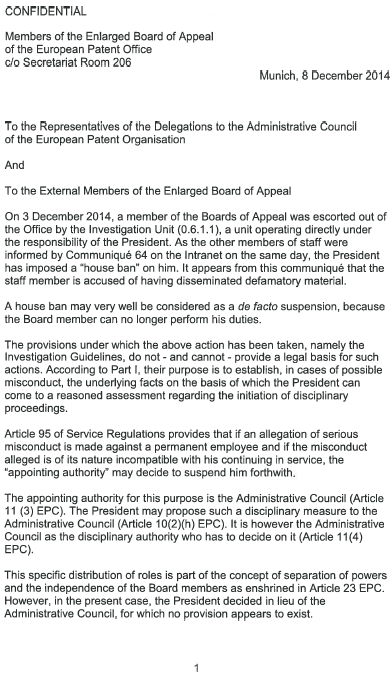

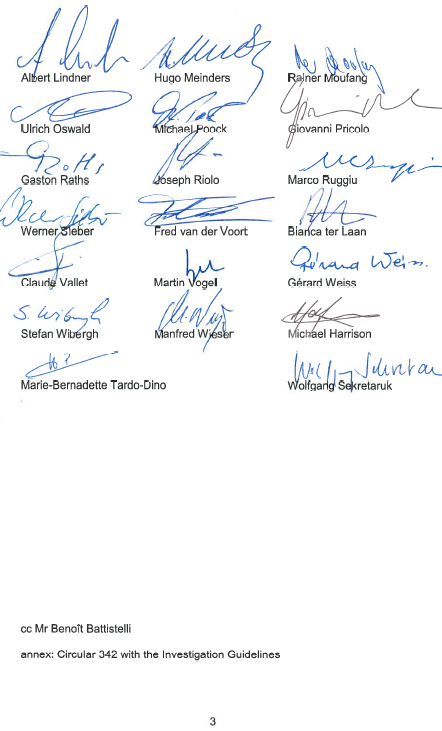
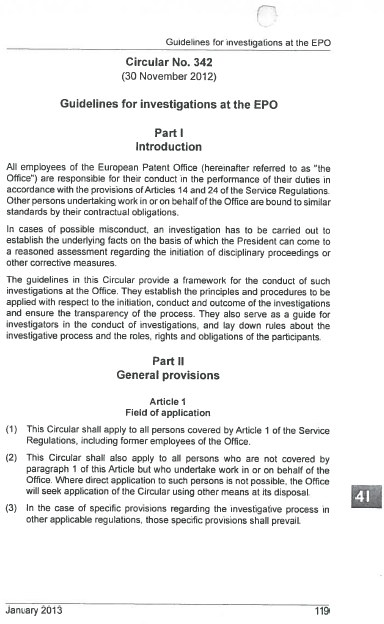
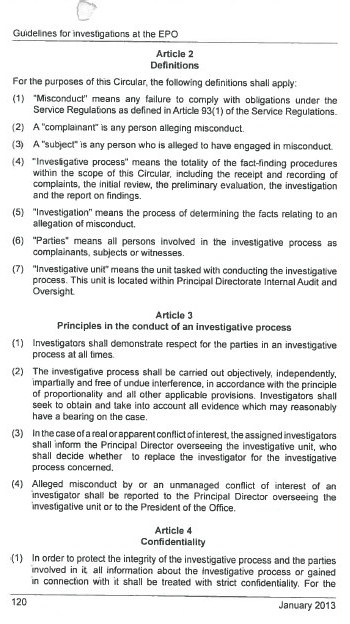
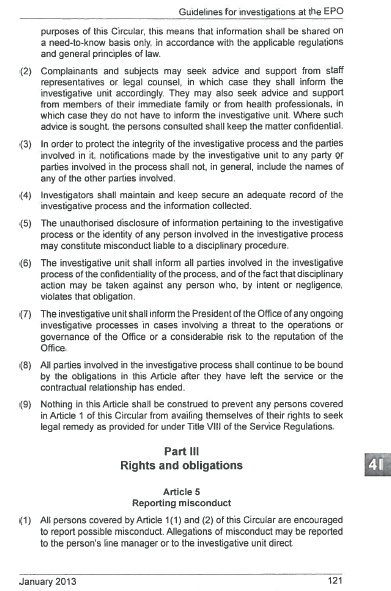
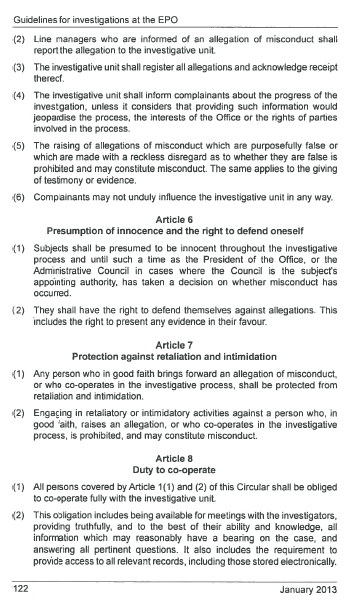
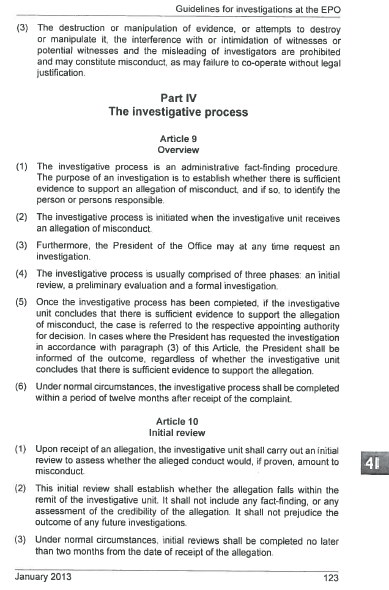
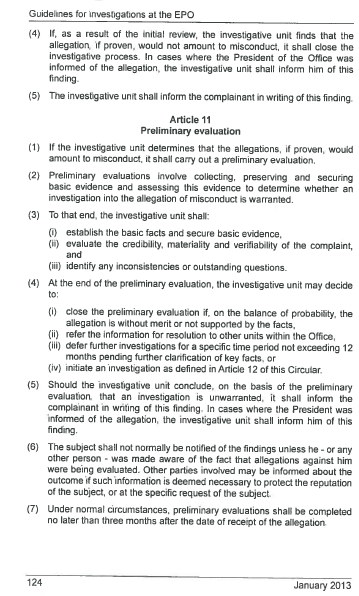
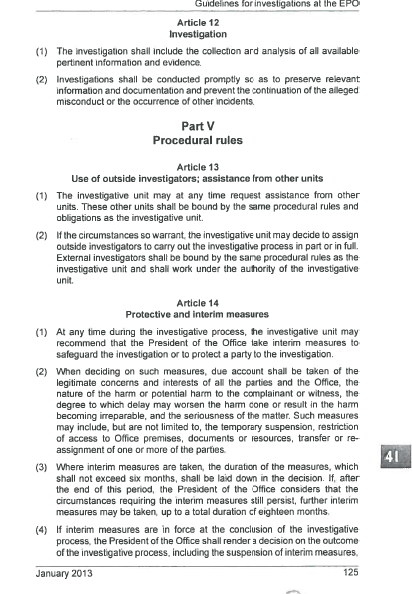
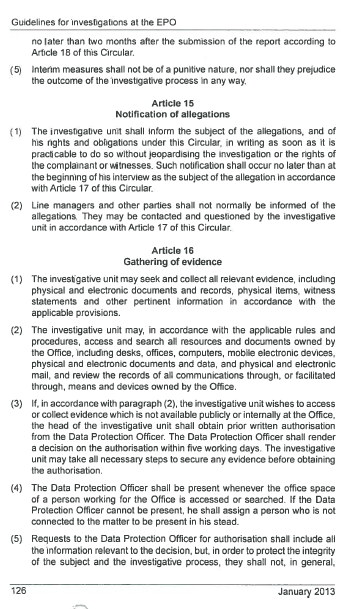
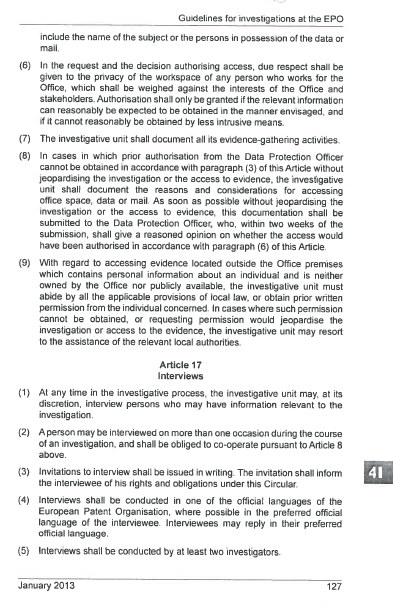
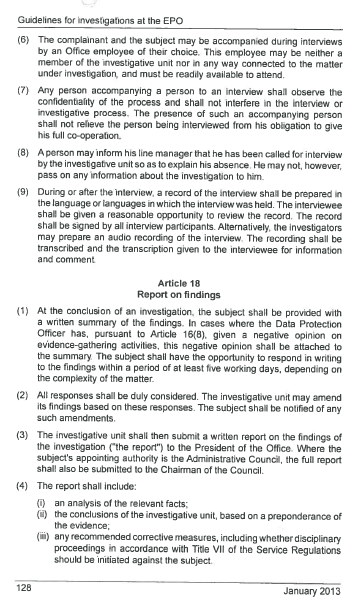
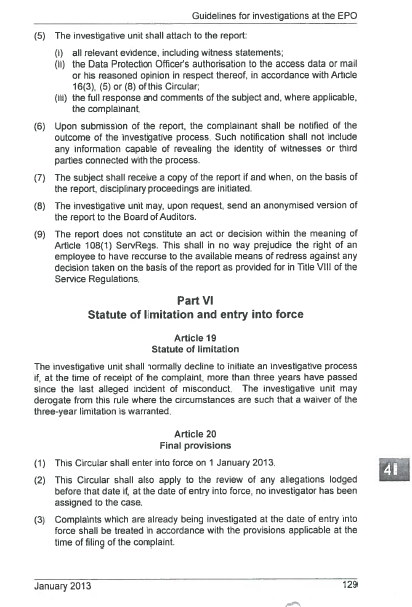





















 Content is available under CC-BY-SA
Content is available under CC-BY-SA